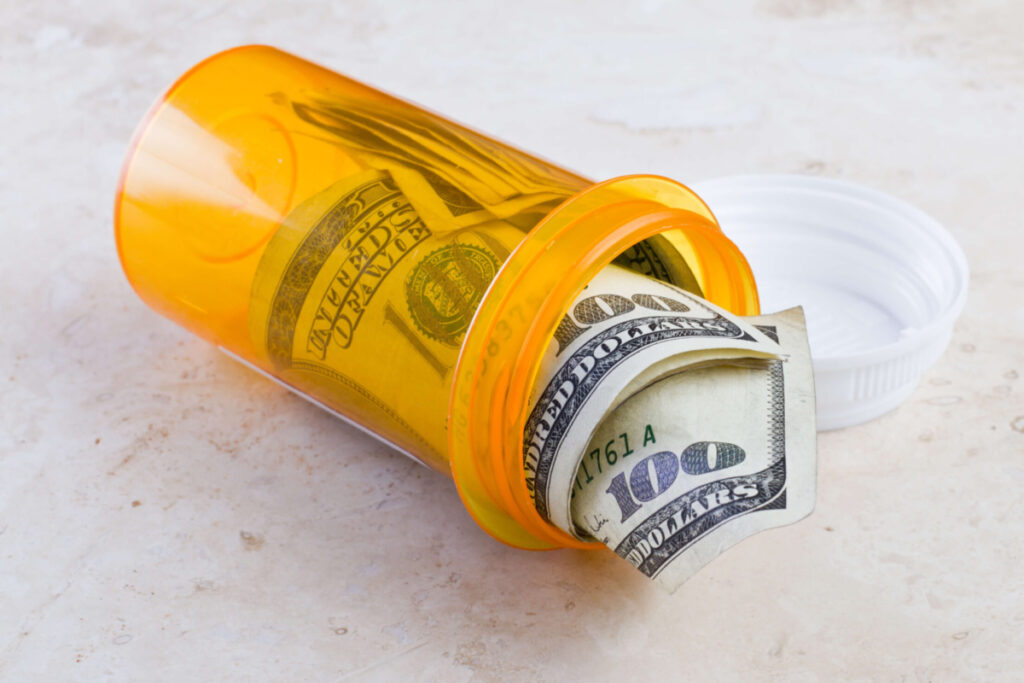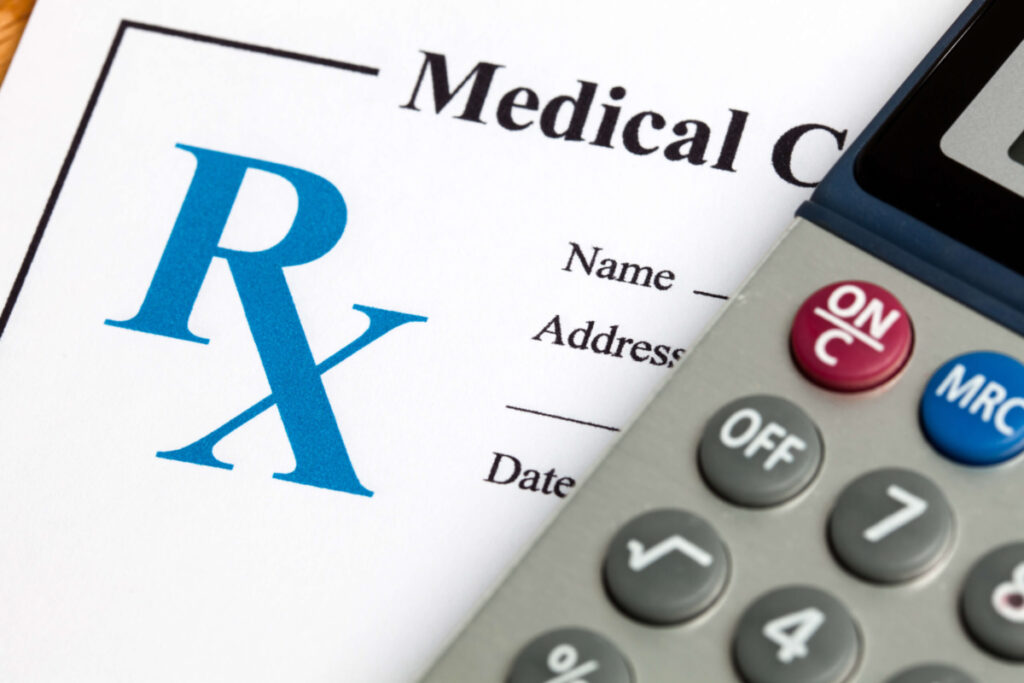Last week, California Gov. Gavin Newsom signed SB 852, a law enabling California to become the first state to produce its own generic prescription drugs, an idea first proposed in the Governor’s 2020-2021 budget. The new law aims to reduce the cost of generic drugs by boosting competition and increase patient access to certain generics, such as drugs prone to shortages when manufacturers stop producing less-profitable drugs.
California will not initially directly manufacture generic drugs, instead it will contract with other entities, such as manufacturers, that will work with the state to produce drugs. The law requires the California Health and Human Services Agency (CHHSA) to enter into partnerships to produce or distribute generic prescription drugs that will:
- Generate savings for state purchasers, private payers, and consumers;
- Address generic drug shortages; and
- Improve patient access.
Generic drugs produced under these partnerships will be made available at a transparent prices and without rebates.
California’s next steps will be to analyze the possibility of generic drug production and determine which drugs it intends to target for manufacturing. In determining which generic drugs to produce, CHHSA must consider, among other things, information reported by health plans on the 25 most frequently prescribed drugs in the state, the 25 most costly drugs, and the 25 drugs with highest year-over-year spending increases.
This reporting requirement was established by another California landmark drug pricing bill, SB 17, the state’s drug pricing transparency law. Other considerations for determining which generics the state will produce include:
- Producing at least one form of insulin;
- Prioritizing drugs for chronic and high-cost conditions; and
- Highlighting drugs delivered by mail.
The new law includes a lengthy implementation timeline. CHHSA must submit an initial report to the state legislature by July 1, 2022 that describes the status of all targeted drugs, and an analysis on how California’s efforts may impact competition, access, and costs. Although California will initially produce generics through contracted partnerships, CHHSA must submit a separate report on the feasibility of directly manufacturing drugs by July 1, 2023.
California is one of many stakeholders, including other states, nonprofits, hospitals, and the federal government, interested in generic drug manufacturing as a vehicle to reduce costs and ensure access to a consistent supply of low-cost generics that manufacturers may not be “incentivized” to produce. One potential partner in California’s efforts may be Civica Rx, the nonprofit drug manufacturer launched in 2018 that focuses on affordable, sustainable generic drug manufacturing.
As detailed in the National Academy for State Health Policy (NASHP) blog, How States Can Join Civica Rx and Blue Cross Blue Shield’s Partnership for an Affordable, Sustainable Supply of Generics, there are a number of ways that states can engage with Civica Rx. While the original Civica Rx venture focused on drugs provided in hospital settings, Civica Rx and 18 Blue Cross Blue Shield (BCBS) plans announced a partnership in January 2020 to expand Civica Rx generics to outpatient settings. State purchasers, such as state employee health plans, can explore membership in the Civica Rx/BCBS partnership, which is open to all health plans, employers, and retailers. Civica Rx is also open to exploring other ways of partnering with states.
For more information about Civica Rx, its partnership with BCBS, and opportunities for states, view the April 2, 2020 webinar BCBS Plans and Civica Rx Partner to Produce Lower-Cost Generic Drugs – Opportunities for States or contact Jennifer Reck at NASHP.



